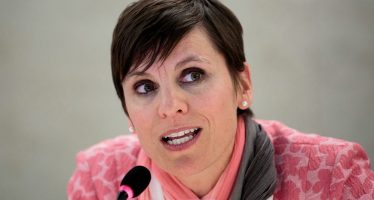To Converge or Not To Converge – the Greek Tragedy Continues
It seems a long time ago, but when the Euro was introduced, one of the cornerstones for membership and for the long term success of the Euro was convergence of economies within the zone. Convergence does not seem to be on politicians’ lips at the moment but what we are seeing happening across the Eurozone is as much a result of divergent economies as anything else.
Some countries under the cloak of the Euro borrowed way beyond their means, creating a false convergence of kinds in government coffers. The bond markets lent and the countries spent. Now the Eurozone finds itself in a difficult position, devaluation of individual currencies has been replaced by austerity and bailouts at the same time as the cost of the historic borrowing rises, dragging more and more money out of an already stressed economy.
So where does it end? We are in largely uncharted water at the moment – the Greeks have voted for more of the same “medicine” and to try and stay in the Euro. But this is an untested treatment and if one was to use a pharmaceutical analogy there is no certainty the treatment would get past the drug regulators as safe for human trials.
The situation is serious and the infection is spreading, if it was a medical decision to save a life maybe if would be safer to opt for a treatment that had been shown to work. But the Greeks seem to have chosen the new treatment – let’s hope they are right.
You may have an interest in also reading…
Lord Waverley: Making the Case for Emerging Markets
The world awaits what emerges from post-Covid traumas. States will be required to consider how to balance budgets, how to
CFI.co Meets Juan Pablo Córdoba Garcés
Mr Córdoba Garcés assumed his current position as CEO of the Colombian Securities Exchange in March 2005. Since then his
Implementing the UN SDGs: A Job for Everyone, Everywhere
Everyone seems to agree that the UN Sustainable Development Goals (SDGs) make perfect sense. Countries and companies, individuals and industries


















































































